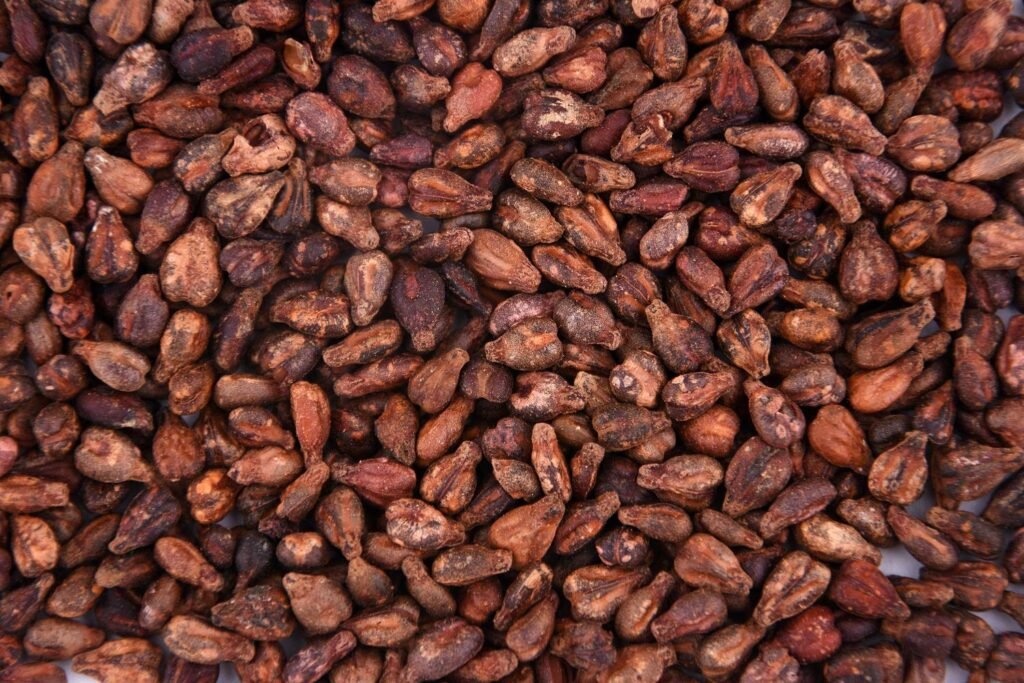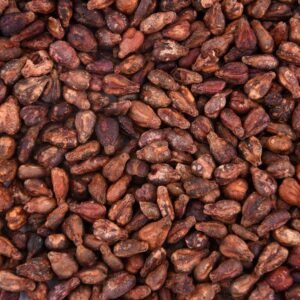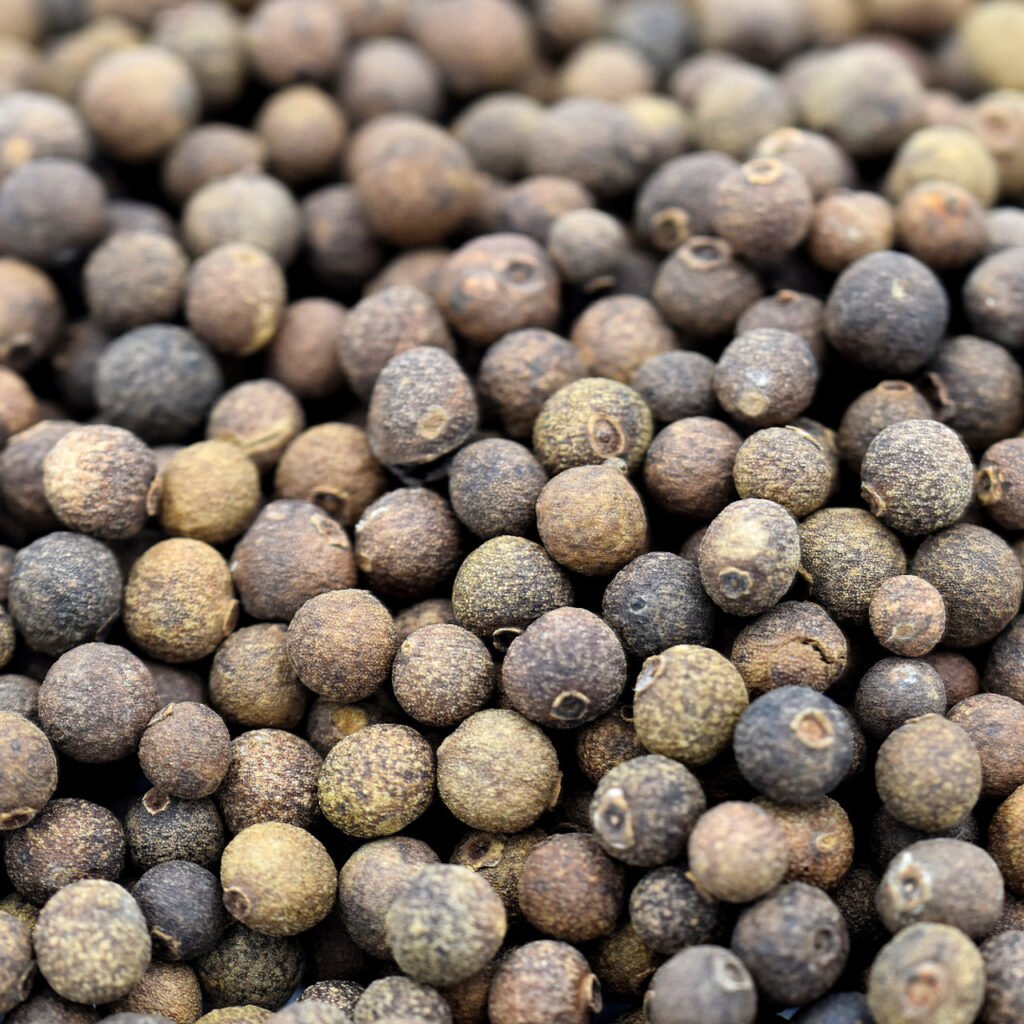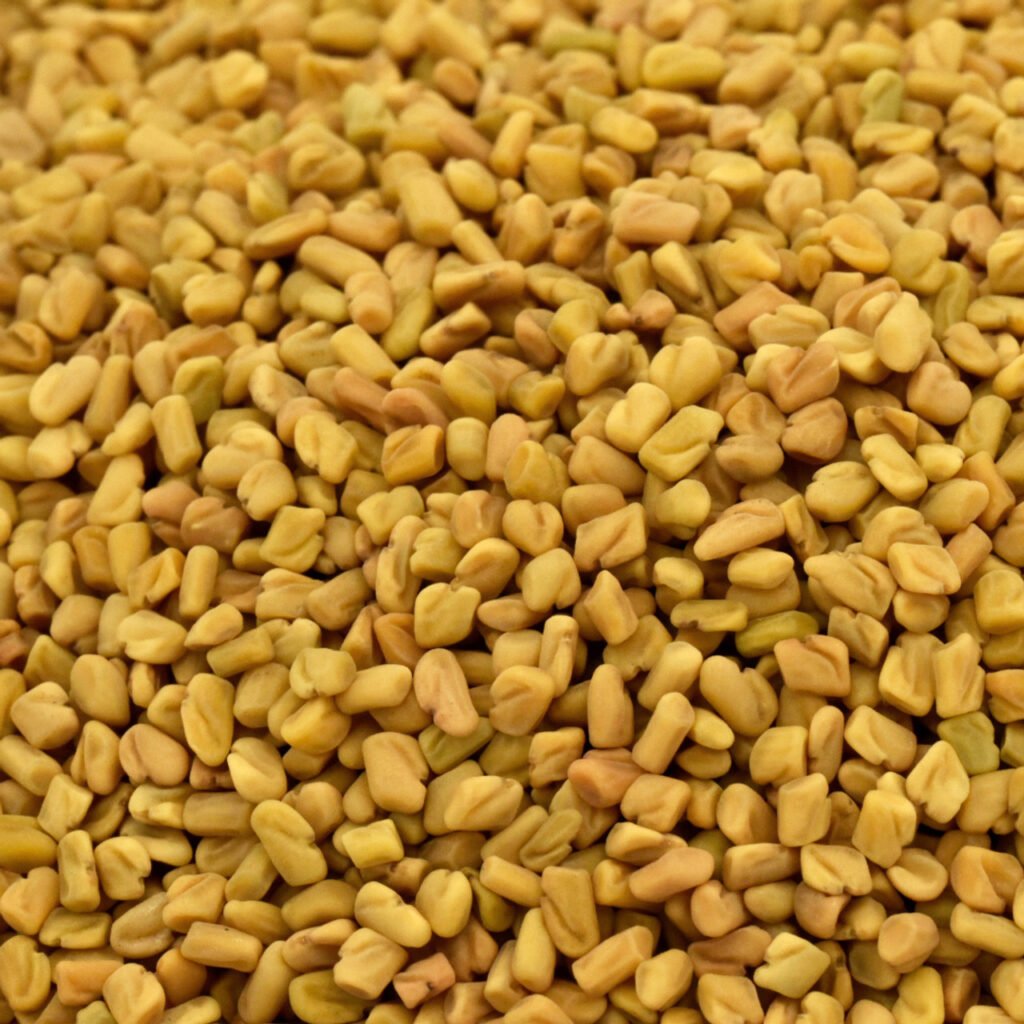Grape Seeds
Unlocking the Secrets of this Superfood
Grapes are a popular fruit, enjoyed around the world for their sweet and juicy flavor. But did you know that the seeds inside the grape are packed with a wealth of health benefits? In this article, we’ll explore the benefits of grape seeds and why you should consider incorporating them into your diet.
- Grape Seeds
- 1. Introduction
- 2. What are Grape Seeds?
- 3. Nutritional Value of Grape Seeds
- 4. Antioxidant Properties of Grape Seeds
- 5. Cardiovascular Benefits of Grape Seeds
- 6. Anti-Inflammatory Benefits of Grape Seeds
- 7. Skin Benefits of Grape Seeds
- 8. Cancer Prevention Properties of Grape Seeds
- 9. Grape Seed Extract Supplements
- 10. How to Incorporate Grape Seeds into Your Diet
- 11. Precautions When Using Grape Seed Extract Supplements
- Conclusion
- Shop now from our store
1. Introduction
Grapes have been a popular fruit for centuries, enjoyed for their sweet flavor and versatility in cooking and baking. But the seeds inside the grape are often overlooked, despite their many health benefits. Grape seeds are a rich source of antioxidants, flavonoids, and other nutrients that can help improve cardiovascular health, reduce inflammation, promote healthy skin, and even prevent cancer. In this article, we’ll explore the many benefits of grape seeds and how you can incorporate them into your diet.
2. What are Grape Seeds?
Grape seeds are small, hard, and oval-shaped seeds found inside the fruit of grapes. They are typically discarded when eating the fruit, but can be consumed on their own or used in supplements or skincare products. Grape seeds are a byproduct of winemaking, as they are removed during the pressing of grapes to make wine. While grape seeds are often considered waste products, they are in fact rich in nutrients that offer many health benefits.
3. Nutritional Value of Grape Seeds
Grape seeds are a rich source of nutrients, including antioxidants, polyphenols, flavonoids, vitamins, and minerals. One of the key nutrients found in grape seeds is resveratrol, a powerful antioxidant that has been shown to have numerous health benefits. Grape seeds also contain high levels of vitamin E, which helps protect the skin from damage and promotes healthy hair and nails.
4. Antioxidant Properties of Grape Seeds
Grape seeds are packed with antioxidants, which help protect the body against free radicals and oxidative stress. Free radicals are unstable molecules that can damage cells and contribute to the development of chronic diseases such as cancer, heart disease, and Alzheimer’s disease. Antioxidants neutralize free radicals and protect cells from damage, reducing the risk of these diseases. The antioxidant properties of grape seeds are particularly beneficial for the cardiovascular system, as they help reduce inflammation and prevent the formation of blood clots.
5. Cardiovascular Benefits of Grape Seeds
The cardiovascular benefits of grape seeds are well documented. Studies have shown that the antioxidants found in grape seeds can help reduce inflammation, lower blood pressure, and improve blood flow. Grape seeds also contain oligomeric proanthocyanidins (OPCs), a type of flavonoid that has been shown to improve cardiovascular health. OPCs help strengthen blood vessels, reduce inflammation, and prevent the formation of blood clots, reducing the risk of heart attack and stroke.
6. Anti-Inflammatory Benefits of Grape Seeds
Inflammation is a natural response to injury or infection, but chronic inflammation can contribute to the development of numerous diseases, including cancer, heart disease, and diabetes. Grape seeds contain anti-inflammatory compounds that can help reduce inflammation throughout the body. The polyphenols found in grape seeds have been shown to inhibit the production of
inflammatory cytokines, which are responsible for triggering inflammation in the body. By reducing inflammation, grape seeds may help prevent the development of chronic diseases and improve overall health.
7. Skin Benefits of Grape Seeds
Grape seeds are also great for the skin. The antioxidants and polyphenols found in grape seeds help protect the skin from damage caused by UV radiation and pollution, which can lead to premature aging, wrinkles, and skin cancer. Grape seed extract is often used in skincare products to help moisturize the skin, reduce the appearance of fine lines and wrinkles, and promote a more even skin tone. Grape seed extract may also be beneficial for those with acne-prone skin, as it has anti-inflammatory properties that can help reduce redness and inflammation.
8. Cancer Prevention Properties of Grape Seeds
The antioxidant properties of grape seeds may also help prevent the development of cancer. Free radicals can damage DNA, leading to mutations that can cause cancer. Antioxidants neutralize free radicals, reducing the risk of cancer. Studies have shown that grape seed extract may be particularly effective at preventing the growth and spread of certain types of cancer, including breast, prostate, and colon cancer.
9. Grape Seed Extract Supplements
Grape seed extract supplements are a convenient way to reap the benefits of grape seeds. These supplements are typically made from ground grape seeds and contain high levels of antioxidants, flavonoids, and other nutrients. Grape seed extract supplements may help reduce inflammation, lower blood pressure, and improve cardiovascular health. They may also be beneficial for those with skin issues or those looking to prevent the development of cancer.
10. How to Incorporate Grape Seeds into Your Diet
Incorporating grape seeds into your diet is easy. You can simply eat them on their own, or add them to smoothies, salads, or baked goods. Grape seed oil is also a great alternative to other cooking oils, as it has a high smoke point and is rich in antioxidants. You can also find grape seed extract supplements at most health food stores.
11. Precautions When Using Grape Seed Extract Supplements
While grape seed extract supplements are generally safe for most people, there are a few precautions to keep in mind. Grape seed extract may interact with certain medications, including blood thinners, so it’s important to speak with your doctor before taking any supplements. Grape seed extract may also cause mild side effects such as headache, dizziness, and nausea in some people. If you experience any adverse effects, stop taking the supplement and consult your doctor.
Conclusion
Grape seeds are a nutritional powerhouse, packed with antioxidants, flavonoids, and other nutrients that offer numerous health benefits. Incorporating grape seeds into your diet may help improve cardiovascular health, reduce inflammation, promote healthy skin, and even prevent the development of cancer. Whether you choose to eat grape seeds on their own or take grape seed extract supplements, adding this superfood to your diet is a great way to support overall health and wellbeing.
FAQ 1: Can eating grape seeds really prevent cancer?
While there is no guarantee that eating grape seeds will prevent cancer, studies have shown that the antioxidant properties of grape seeds may help reduce the risk of certain types of cancer, such as breast, prostate, and colon cancer. However, more research is needed in this area to determine the full extent of grape seeds’ cancer-fighting properties.
FAQ 2: Is it safe to consume grape seeds?
Yes, it is safe to consume grape seeds. They are a natural part of the grape and are consumed by many people around the world. However, it’s important to note that grape seeds are hard and can be difficult to digest. If you have digestive issues, you may want to avoid consuming whole grape seeds.
FAQ 3: How do I incorporate grape seeds into my diet?
There are many ways to incorporate grape seeds into your diet. You can simply eat them on their own, or add them to smoothies, salads, or baked goods. Grape seed oil is also a great alternative to other cooking oils. You can also find grape seed extract supplements at most health food stores.
FAQ 4: Can grape seed extract supplements interact with other medications?
Yes, grape seed extract supplements may interact with certain medications, including blood thinners. If you’re taking any medications, it’s important to speak with your doctor before taking any supplements.
FAQ 5: Are there any side effects of taking grape seed extract supplements?
While grape seed extract supplements are generally safe for most people, they may cause mild side effects such as headache, dizziness, and nausea in some people. If you experience any adverse effects, stop taking the supplement and consult your doctor.
Lorem ipsum dolor sit amet, consectetur adipiscing elit. Ut elit tellus, luctus nec ullamcorper mattis, pulvinar dapibus leo.





